These smart tips can help you decide if a buying a foreclosed home is the right investment for you.
Finding and purchasing a home is one of the biggest decisions you'll ever make as a family. If you are house hunting but on the lookout for a bargain, then consider purchasing a foreclosed property. Foreclosed homes usually are sold below their actual market value, which makes them particularly attractive for cost-conscious buyers like you.
1. Inspection is essential
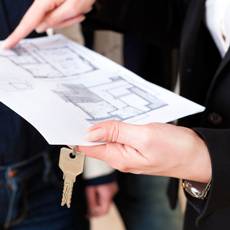 Even if the previous homeowner or the lender, usually the bank, does not allow you to get inside the house, you can still make a good evaluation of the property from the streets. Do not bid before you have taken a closer look at it even if it is just peeking in the windows or chatting up a neighbor so you can get bits of pertinent information about its recent history and status.
Even if the previous homeowner or the lender, usually the bank, does not allow you to get inside the house, you can still make a good evaluation of the property from the streets. Do not bid before you have taken a closer look at it even if it is just peeking in the windows or chatting up a neighbor so you can get bits of pertinent information about its recent history and status.
Be prepared for the worst because it is not uncommon for frustrated former owners to make considerable and intentional damage to the property as they face the harsh reality of getting evicted. And if you won’t get a chance to thoroughly inspect its every nook and cranny, it’s safe to say that any and all unexpected costs after the purchase are yours.
2. Deal with a licensed real estate agent
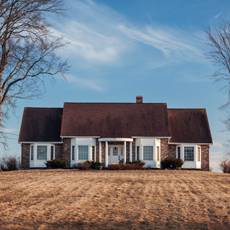 This is what makes smart tip #1 possible. Most of the time, when an auctioned home won’t get a bidder capable enough to cover the outstanding mortgage, the bank will rename it as a real-estate-owned (REO) property and assign a real estate agent to facilitate the repairs and replacements needed as well as the putting up of the said foreclosed home to the market.
This is what makes smart tip #1 possible. Most of the time, when an auctioned home won’t get a bidder capable enough to cover the outstanding mortgage, the bank will rename it as a real-estate-owned (REO) property and assign a real estate agent to facilitate the repairs and replacements needed as well as the putting up of the said foreclosed home to the market.
This is your chance to see exactly what goes on inside the house because the selling agent will do anything possible just so they can get rid of the REO property as soon as possible – with reasonable price, of course. It is a win-win situation for both parties because you get to fully assess what shape the home is in and determine if it’s worth all the trouble while the selling agent gets to sell the house at a price that is nearest to the original loan amount made in the first place
3. Make realistic calculations
 Now that you have inspected the house up close and personal, you have to determine how much you have to shell out or are willing to spend in order to make it a decent home to live in with. Relatively minor problems such as peeling paint, dead lawns or a few broken fixtures are no deal breakers. But if the previous homeowners have trashed the place to the point of draining your checkbook for all the major repair and remodeling projects it will entail, then you might want to reconsider buying that particular foreclosed home and look for another one.
Now that you have inspected the house up close and personal, you have to determine how much you have to shell out or are willing to spend in order to make it a decent home to live in with. Relatively minor problems such as peeling paint, dead lawns or a few broken fixtures are no deal breakers. But if the previous homeowners have trashed the place to the point of draining your checkbook for all the major repair and remodeling projects it will entail, then you might want to reconsider buying that particular foreclosed home and look for another one.
4. Offer the most competitive bid
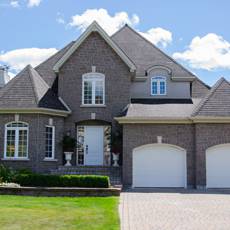 The main reason why you’re buying a foreclosed home instead of going the traditional route is to get a bargain. But if you think this way during the bidding, you’ll lose the property to a competing buyer.
The main reason why you’re buying a foreclosed home instead of going the traditional route is to get a bargain. But if you think this way during the bidding, you’ll lose the property to a competing buyer.
Here’s what you should do: think how much you’re willing to pay for a similar but well-maintained house in the same neighborhood, subtract all the repair expenses and maintenance costs, and then offer the seller 80% of that amount.
Remember, the bank is not emotionally attached to the property and is losing money every day the house stays within their possession. So set a firm maximum price that is within your budget and is nearest to the actual value of the foreclosed property. You’ll find yourself closing the deal faster than you can sign the papers.
5. Be prepared
With any home purchase, you have to understand the distinction between what you want and what you can afford. After you find a foreclosed property that you like and before you go to the auction, have a preapproval letter from the bank ready. And make sure you have the cash prepared to pay for the down payment or whatever costs it entails. This will put you ahead of the pack especially if the other competing bidders come unprepared.
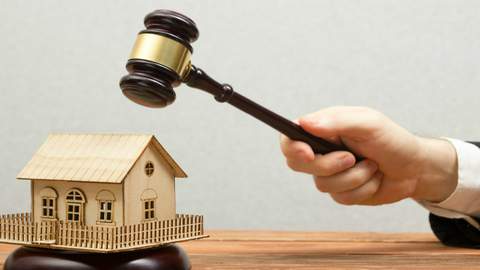
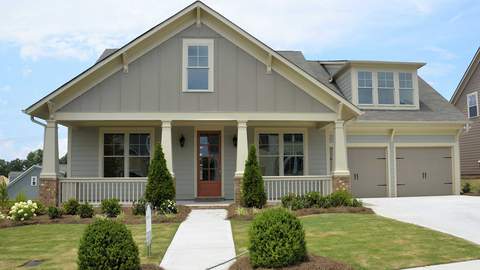

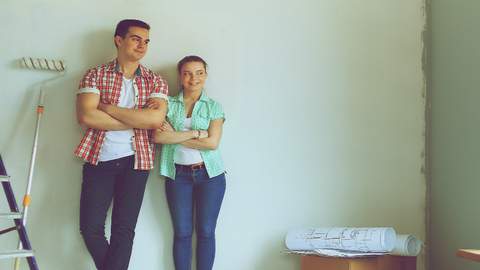
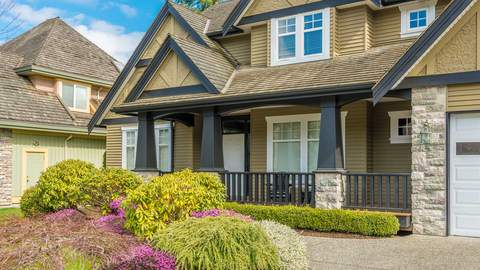
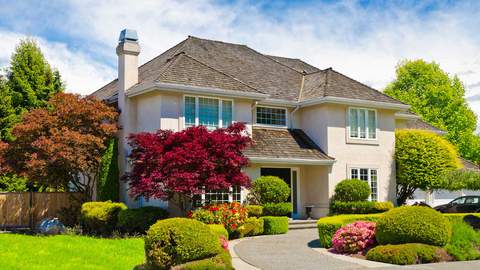
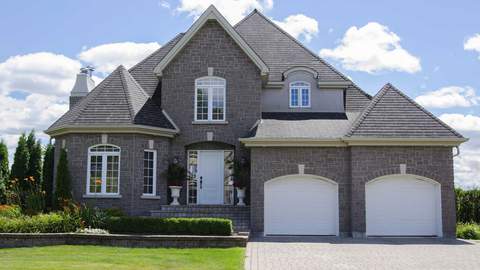



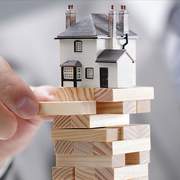
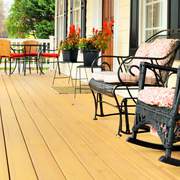

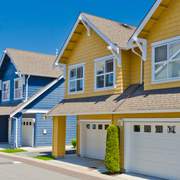
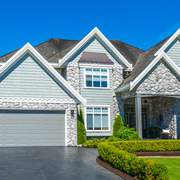
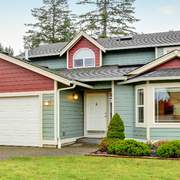
Write a Comment